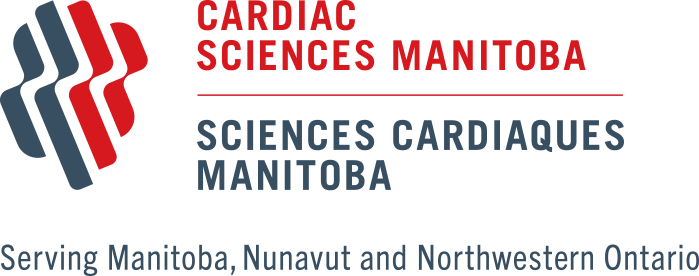Description
Pre Test Procedures
- A blood test will be performed as well as an electrical tracing of the heart (EKG).
- A nurse will ask you questions about yourself, including what pills you are taking, any allergies, as well as any pills to take prior to the test. Questions about the test will also be answered by a nurse. If you have diabetes, the nurse will direct you regarding your medications/insulin. If you are on blood thinners you may be given directions on when to take them.
Test Procedures
- Your groin or wrist will be used for the angioplasty.
- A tube with a balloon on the tip is placed in the narrowed part of the artery(s) in your heart.
- When the balloon inflates, it opens up the narrowed artery. This will increase blood flow to your heart.
- During the procedure, when the balloon is inflated, you may feel some pressure or chest pain. This is NORMAL and may last a few minutes. If the pressure or chest pain persists longer, make sure you let the nurse or doctor know.
- A stent is a small, spring-like device that helps keep the artery open. The stent is placed over the balloon that is used for your angioplasty. When the balloon is inflated the stent expands and is placed in the heart artery. The balloon is removed and the stent will stay in the artery permanently.
Post Test Procedures
- Right after the test, you will be taken to a recovery area.
- Upon returning to your room, you will be on bed rest for a period of time, and your nurse will let you know when you can get up. The nurse will check on you often, and inform the nurse if any pain, swelling or discomfort arises at your groin/wrist site.
- Do not bend your hip, leg or wrist on the side of your test.
- Someone will help you the first time you get out of bed and a snack will be provided.
- You may spend the night in the hospital or you may go home. You will need a ride home, do NOT drive yourself.
- You will be given a prescription for pills. The pills help prevent the artery from closing.
- On your first night home, have someone stay with you.
Patient Instruction
Arrangements
- Arrange for a ride home from the hospital. You cannot drive yourself home. If you live more than 1.5 hours away from Winnipeg, you will need to stay in the city overnight. If staying overnight, arrange for someone to stay with you. If no one can stay with you, notify the Access Office at 204-237-2334.
- Tell family members and visitors that visiting is limited to one person at the bedside at a time for 10 minutes.
What to Bring/Not to Bring
- Bring your Manitoba Health Card.
- Bring your pills in their original bottles with you as given by the pharmacy, and take your pills as directed by the nurse in the Cardiac Clinic.
- Bring a pair of slippers, housecoat, toiletries and something to read.
- Do not bring any valuables (including money and jewelry). The hospital is not responsible for the loss or damage of such items.
- Bring a cell phone number(s) of an emergency contact person.
- Ensure you and your visitors do not use scented products (talcum, lotion, perfume, cologne, aftershave, etc.).
Mandatory Pre Test Measures
- Remove nail polish and do not apply makeup.
- You may shower and brush your teeth the morning of your test.
- Cell phones may be on, but set on vibrate, with calls answered outside of the unit.
Cardiac Rehabilitation
- Cardiac Rehabilitation programs offer education and support to patients who have heart disease. Depending on your angiogram results, you may be contacted by staff members from a cardiac rehabilitation program informing you of their services to improve your heart health.
Cancelling Appointment
- Please notify the Access Office at (204) 237-2334.
Additional Info
Cardiac Rehabilitation
Cardiac Rehabilitation programs offer education and support to patients who have heart disease. Depending on your angiogram results, you may be contacted by staff members from a cardiac rehabilitation program informing you of their services to improve your heart health.
Cancelling Appointment: Please notify the heart cath lab slating office at (204) 237-2334.
Living Well with Heart Disease: A guide for people with coronary artery disease
A Guide for Patients and Families (English)
A Guide for Patients and Families (French)
Discharge Information after a Coronary Angiogram or Angioplasty (English)
Discharge Information after a Coronary Angiogram or Angioplasty (French)
VIDEO: A Guide to Coronary Angiogram and Angioplasty (English)
VIDEO: A Guide to Coronary Angiogram and Angioplasty (French)


